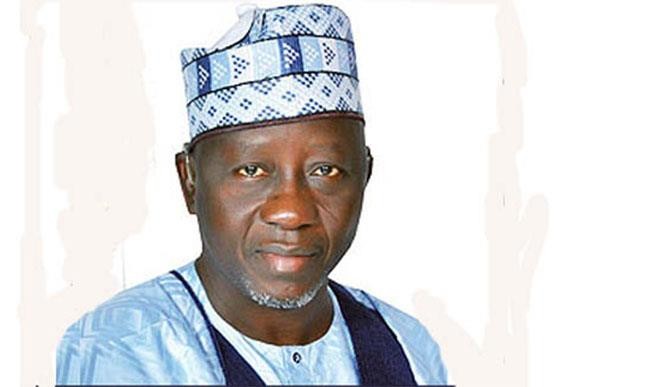Wage adjustment and Nasarawa workers’ strike
The reason for every fight must be well defined and understood by both parties that are involved. If I am fighting simply because I want to cause damages, I had better don’t even start; if I fight just to cause commotion that will dominate the national discourse, it is not yet the fight; if I […]


The reason for every fight must be well defined and understood by both parties that are involved. If I am fighting simply because I want to cause damages, I had better don’t even start; if I fight just to cause commotion that will dominate the national discourse, it is not yet the fight; if I am fighting because I want to better my lots to the disadvantage of the other person, I am definitely fighting to a loose.
A classic example to underscore this point is the fight that Nasarawa state workers have recently embarked on. We a fighting a dumb fight. The fight is not through an organized and a coordinate mechanism to defeat the forces behind the dwindling economy in the country. We have simply refused to accept the reality on ground that Nigerian economy today is not the same with what it used to be yesteryears. And this is the reality with all Nigerian states.
The highest Nasarawa state government have received from the Federation Account was N2.321 billion in January. This figure has drastically dropped down to N1.6billion leaving a shortfall of N721 million.
It is quite unfortunate that among other things the governor has done in the state, the people have forgotten this one so quickly that he (Almakura) is the first in the country to implement the N18,000 National Minimum Wage in spite of the fact that the state is always the last on the table of allocation. Now that the situation has compelled him to adjust workers wage in other to keep mal-development at bay, why not resonate with him.
A document showing this adjustment as was made available to Daily Trust last week. It showed that the least worker will lose less than N700.00 only from the basic salary every month while the highest paid civil servants who are entitled to several other allowances could forfeit between about 40 percent of their salaries. Is this too much to sacrifice for the overall best of the state.
I feel our pains. We have endured a lots but we could do better than this. The economy brunt is all over the nation. Recently I was in Bauchi state and they were complaining about the same thing if not on another again (nonpayment of workers’ salaries) and could not dare stop going to work.
Technically, if workers want to go on industrial strike, it is always said that certain things must be considered; One, how much are we generating for the government as Internally Generated Revenue (IGR)? Two, can the figure affect the state capital funding? And three, was there any form of misappropriation perceived from the government? Then your responses should be your driving force.
Let’s be factual here, with a token of N300 to N400 million as IGR, will the art of governance be adversely affected if the ongoing strike lingered on? Whether workers go to work or not, government will always fund its capital projects; whether go to work or not the bar of governance can still be raised. But the crunch is always that if workers doesn’t go to work, they may not be paid.
There is nothing wrong to agitate for the maintenance of the same salary scale, but the question is how much are we generating for the government as IGR to supplement this gesture considering the fact that statutory allocation is no longer sufficient to run overheads expenses.
Silas Gunde, Lafia
